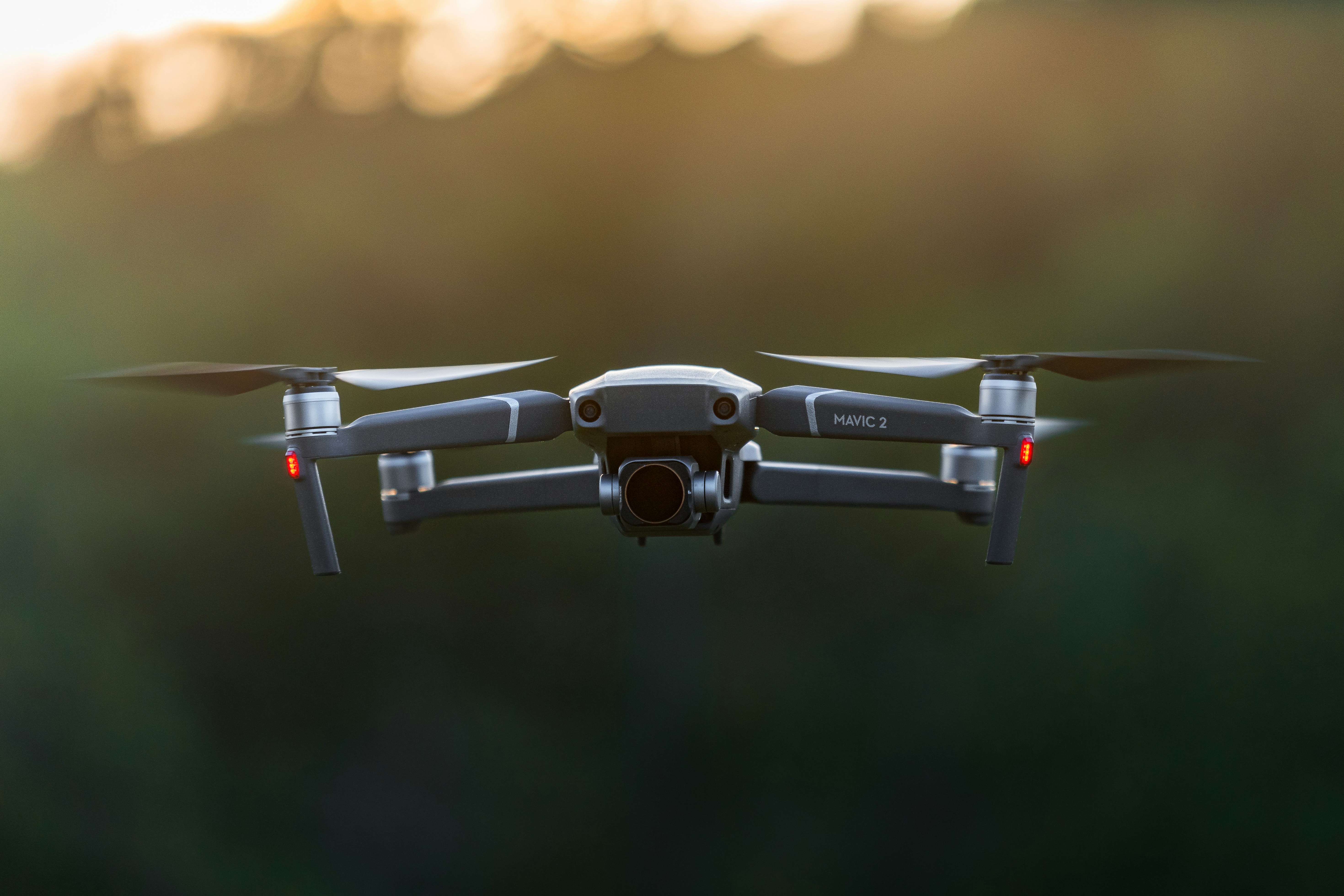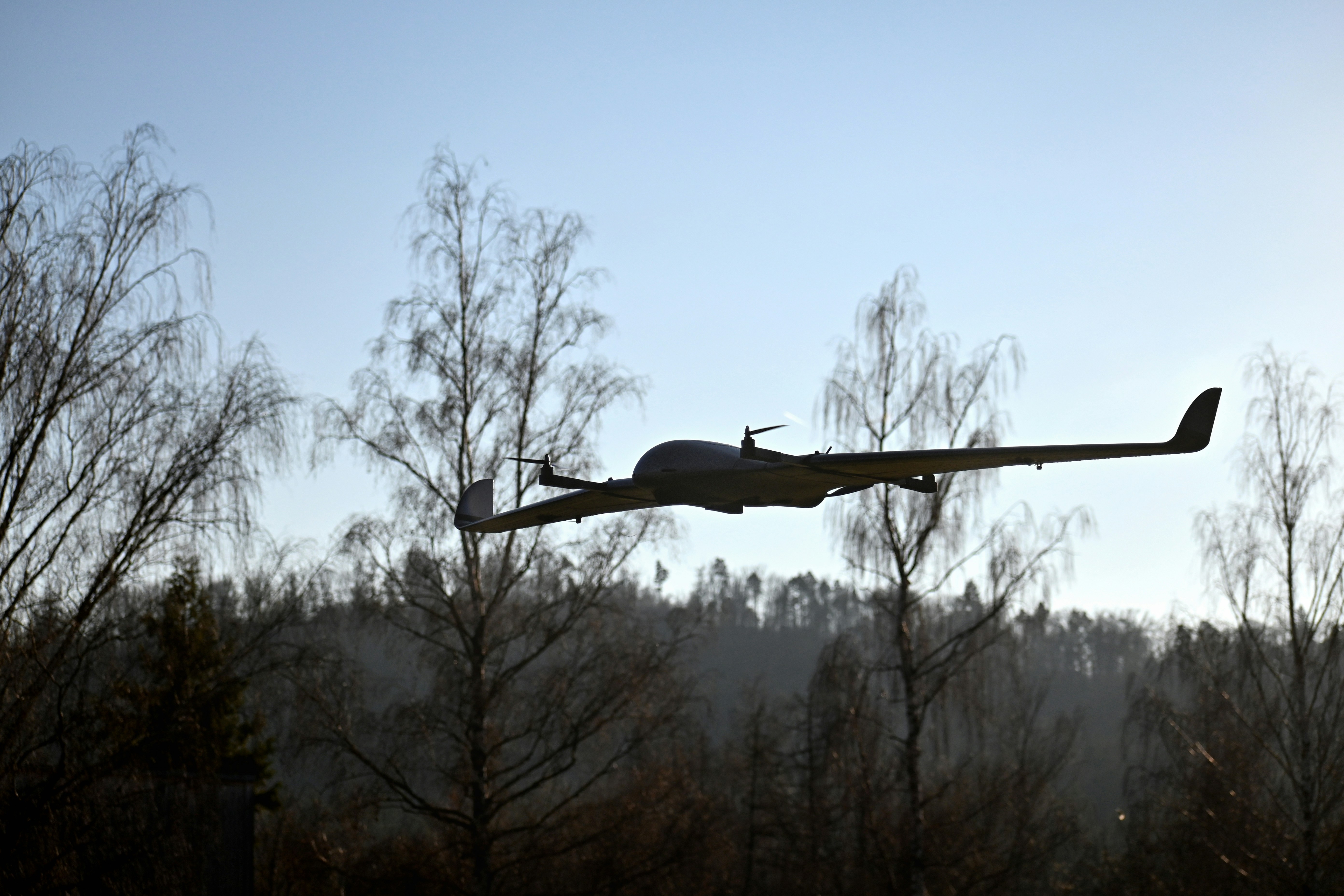Job title: Integrated RF Sensor Suite SDA
Location: Cowes – Isle of Wight or Broad Oak. We offer a range of hybrid and flexible working arrangements – Part time & accruing hours available. Please let us know if you would like to discuss these options
Salary: Up to £99,800 depending on skills and experience. Part time & accruing hours available. Please let us know if you would like to discuss these options
What you’ll be doing:
Assume ownership of the Future Integrated RF Sensor Suite mast and constituent sub-systems
Understand and architect the development and interoperability of the mast, including integration of multiple complex systems
Have a good understanding of the interoperability of multiple RF sensors in close proximity, with the ability to integrate a multiple sensor solution in a potentially highly conflicted EM environment
Provide authoritative technical guidance and leadership to others ensuring system and sub-system solutions are harmonised
Provide a depth and breadth of expert knowledge gained through substantial work experience to apply the principles and concepts of the ISO 15288 systems engineering lifecycle, and own specialist technical area(s) to resolve issues for complex radar design, systems and processes
Analyse, define, evaluate, plan, and deliver solutions to meet programme, business, and customer requirements
Your skills and experiences:
Possesses expert-level knowledge in areas such as Active Electronically Scanned Arrays (AESA), Combat Management Systems, complex systems integration, advanced sensor and communication systems, and sensor-effector interoperability
An understanding of factors that can affect the real-world performance of radar systems and how these can impact accuracy and sensing performance in order to meet challenging design objectives and requirements
Proven ability to lead development programmes using systems thinking principles, ensuring holistic approaches to resolving complex engineering challenges
Demonstrated experience in managing and delivering large-scale, complex system designs across multidisciplinary teams
Highly skilled in presenting intricate technical and non-technical concepts in formal settings, with a strong ability to articulate persuasive and well-reasoned technical arguments
Broad cross-functional business insight and adaptability, enabling effective performance in dynamic project-driven environments
Holds a higher education qualification—typically MEng, MSc, or PhD—in a STEM discipline, or equivalent level of expertise
Benefits:
As well as a competitive pension scheme, BAE Systems also offers share plans, an extensive range of flexible discounted health, wellbeing and lifestyle benefits, including a green car scheme, private health plans and shopping discounts – you may also be eligible for an annual incentive.
The team:
This role carries technical and safety responsibility for the Integrated RF Sensor Suite mast and focuses on the high-level integration of complex systems, including software and system-of-systems architecture. The successful candidate will ensure that requirements, design, and implementation are fully aligned across the physical mast structure and all integrated components—such as sensors, communications systems, supporting services, and external interfaces.
BAE Systems’ Radar Sector is advancing next-generation radar and sensor systems, offering the opportunity to work on projects across the engineering lifecycle, supporting both UK and export markets.
In this role, you will be able to enjoy both flexible and hybrid working arrangements.
Our workplace in Cowes is an easily accessible commute from Southampton with a regular foot passenger ferry and BAE shuttle service from the ferry terminal to site.
As the world has evolved, so has the way we work. Our working approach, will enable you to have flexibility with your working hours, depending on your role and location. This could include part time hours, accruing hours as well as flexibility around start and finish times, ensuring you can balance life at work, on site and life at home.
Why BAE Systems?
This is a place where you’ll be able to make a real difference. You’ll be part of an inclusive culture that values diversity of thought, rewards integrity, and merit, and where you’ll be empowered to fulfil your potential. We welcome people from all backgrounds and want to make sure that our recruitment processes are as inclusive as possible. If you have a disability or health condition (for example dyslexia, autism, an anxiety disorder etc.) that may affect your performance in certain assessment types, please speak to your recruiter about potential reasonable adjustments.
We welcome applications from all suitably qualified people, who are BAE Systems employees and have been in their current role for 12 months or longer.
Please be aware that many roles at BAE Systems are subject to both security and export control restrictions. These restrictions mean that factors such as your nationality, any nationalities you may have previously held, and your place of birth can restrict the roles you are eligible to perform within the organisation. All applicants must as a minimum achieve Baseline Personnel Security Standard. Many roles also require higher levels of National Security Vetting where applicants must typically have 5 to 10 years of continuous residency in the UK depending on the vetting level required for the role, to allow for meaningful security vetting checks.
Closing Date: 8th August 2025
We reserve the right to close this vacancy early if we receive sufficient applications for the role. Therefore, if you are interested, please submit your application as early as possible.
#LI-AP1 #LI-hybrid


